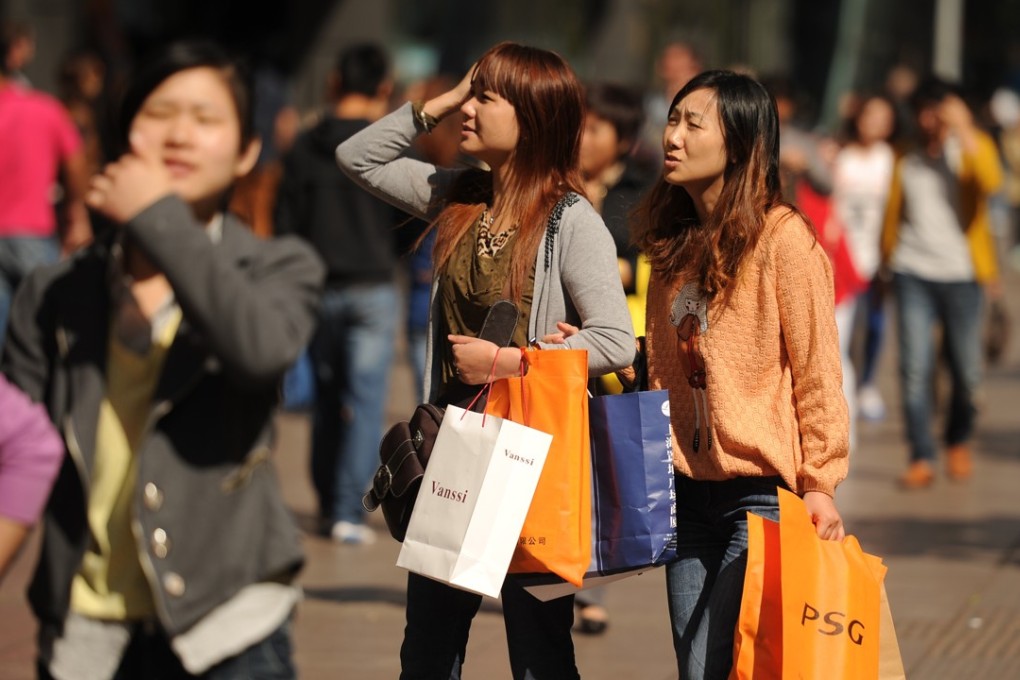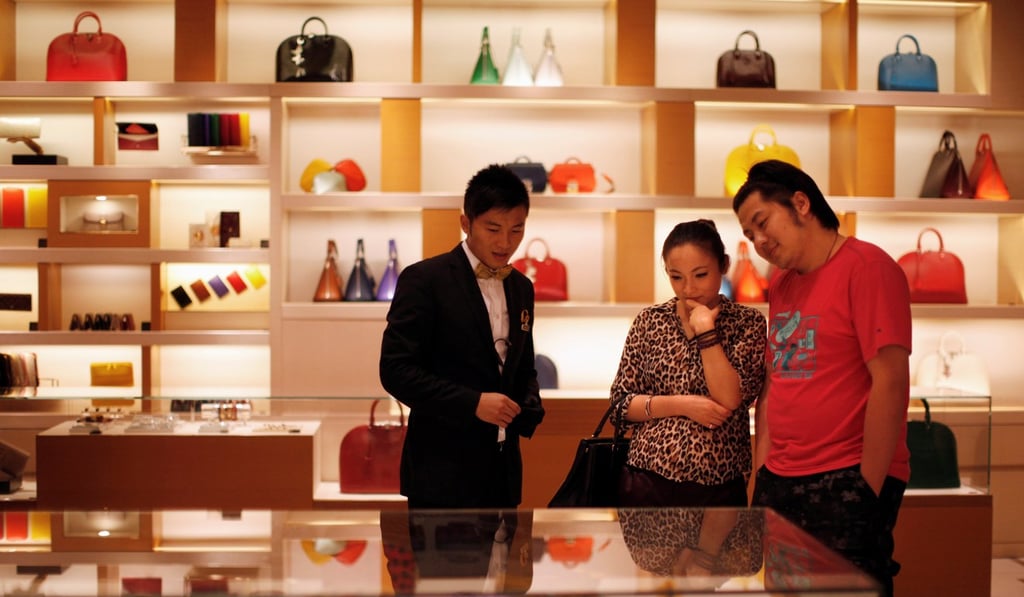Are shoppers helping China spend its way out of US trade war trouble? Retail sales data says no
Beijing had been counting on robust spending to cushion the blow of its dispute with Washington

Growth in Chinese retail sales was slower than expected in July, lowering hopes that consumer spending could help cushion the country from the blows of the trade war with the United States.
Sales still rose 8.8 per cent in July from the same period a year earlier, according to data released on Tuesday by the National Bureau of Statistics (NBS) – but that is down from the 9 per cent expansion in June and below the 9.1 per cent gain expected by financial analysts.
The latest growth rate was only marginally above the 15-year low of 8.5 per cent set in May.
With incomes rising over the past decade, consumer spending has become a main driving force in the Chinese economy and Beijing is counting on further robust spending to offset the economic impact of the trade war.

But rising consumer debt and concerns over the outlook for incomes have forced some consumers to rein in their spending this year.